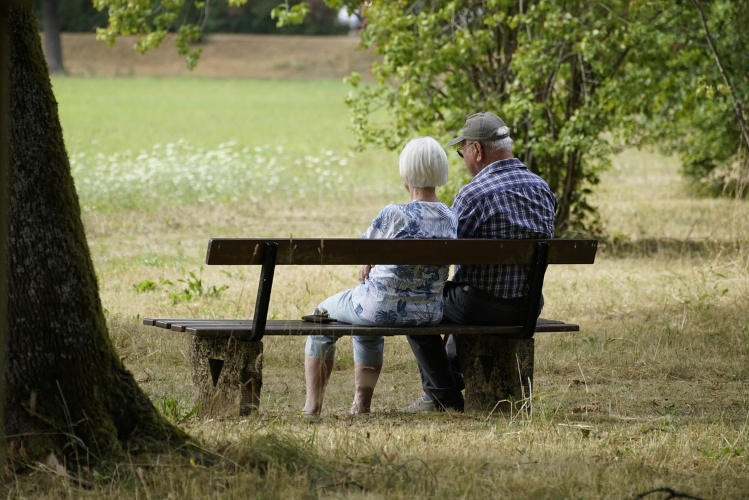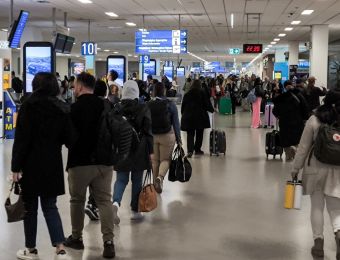Study has revealed that Greece rank among the countries with the highest levels of loneliness in the world

Πηγή Φωτογραφίας: Pixabay//A new study has revealed that Greece,Cyprus rank among the countries with the highest levels of loneliness in the world
A new international study mapping loneliness among older adults has revealed that Greece and Cyprus rank among the countries with the highest levels of loneliness in the world.
The findings challenge common assumptions about who feels lonely—and where.
Researchers from Emory University in the United States, in collaboration with institutions in Canada, Chile, and New York’s Columbia University, examined data from more than 64,000 people aged 50 to 90 across 29 countries in North America, Europe, and the Middle East. The study, recently published in the journal Aging & Mental Health, aimed to better understand the prevalence and drivers of loneliness as people age.
While loneliness is typically seen as a problem for the elderly, the research found that in the U.S., it is middle-aged adults—those in their 50s and early 60s—who report the highest levels of loneliness. Only the Netherlands had similar findings.
“There is a general perception that people get lonelier as they age, but the opposite is actually true in the U.S.,” said Dr. Robin Richardson, a professor at Emory University specializing in the social causes of mental health issues. “Middle-aged people are lonelier than older generations.”

The study used a standardised scale from three large aging surveys to calculate loneliness scores ranging from 0 to 6, based on how often respondents reported feeling isolated, left out, or lacking companionship. A higher score indicates more loneliness.
Greece and Cyprus had the highest average loneliness scores at 1.7, compared to Denmark at the bottom of the list with just 0.4. Southern and Eastern European countries generally reported higher loneliness levels, with Slovakia and Italy also ranking high.

Experts suggest that economic instability, weaker social safety nets, and diminishing traditional family structures may contribute to the elevated loneliness in countries like Greece and Cyprus.
In contrast, Nordic countries such as Denmark and Switzerland scored lowest, attributed to strong welfare systems, free healthcare, paid family leave, and a culture that promotes social connection and work-life balance. Denmark’s tradition of hygge—emphasising cosiness, comfort, and quality time with loved ones—also plays a key role in reducing social isolation.
In the U.S., middle-aged adults not working, unmarried, or experiencing health issues or depression were most likely to report feeling lonely. The study highlights how in the U.S., employment is often closely tied to a person’s sense of purpose and social network. When work disappears, so can meaningful connections.
Dr. Esteban Calvo, Dean of Social Sciences and Arts at Universidad Mayor in Chile and a co-author of the study, emphasised the global importance of addressing this issue. “Loneliness is not just a late-life issue,” he said. “Many middle-aged adults—often juggling work, caregiving, and personal challenges—are surprisingly vulnerable. We need tailored interventions, not just for the elderly but for this age group as well.”
Former U.S. Surgeon General Dr. Vivek Murthy has previously described loneliness as a public health “epidemic” in America, linking it to a range of serious health risks, including heart disease, depression, dementia, and premature death.
“The mortality impact of being socially disconnected is similar to smoking 15 cigarettes a day,” Murthy warned. “And the effects ripple through schools, workplaces, and communities.”
As Greece grapples with ongoing economic challenges and social transformation, experts say that targeted mental health and social support policies—especially those aimed at middle-aged and older adults—could play a crucial role in curbing the country’s growing loneliness crisis.
Source: Daily Mail UK
Διαβάστε όλες τις τελευταίες Ειδήσεις από την Ελλάδα και τον Κόσμο































Το σχόλιο σας